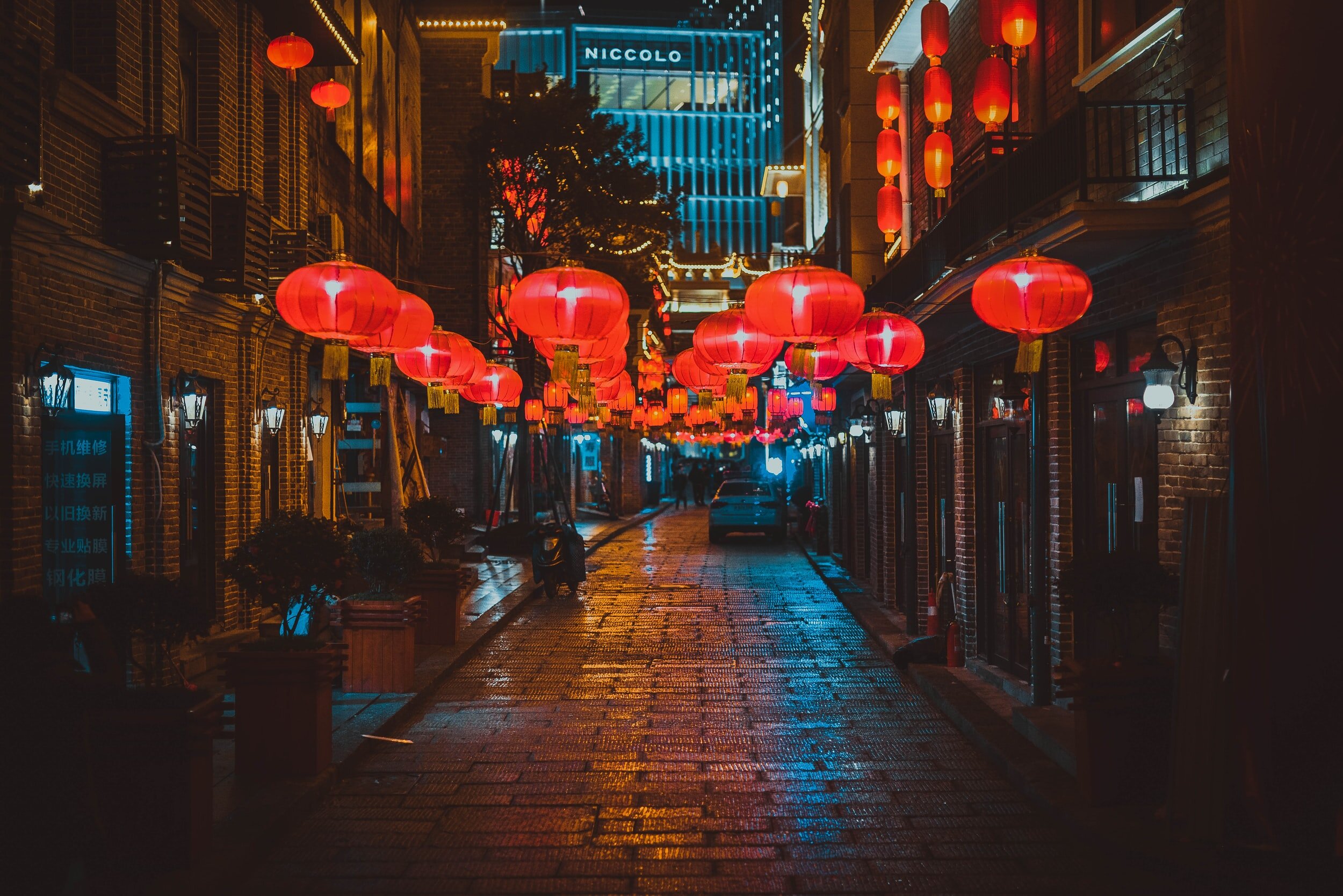
Hannah Nation is the Director of Communications and Content for China Partnership. She is a research associate at Gordon-Conwell’s Center for the Study of Global Christianity, and has written for The Gospel Coalition and Christianity Today. She received her Master of Arts in Church History from Gordon-Conwell Theological Seminary.
It’s Christmas Eve in 2020. Last night my family watched the always-delightful Muppet’s version of the Christmas Carol by Charles Dickens. As furry creatures sang and Scrooge’s heart softened, I pondered the message that Christmas means good cheer to all. To be clear, I don’t disagree with Dickens that we ought to celebrate the advent of the Christ child’s birth, publicly, and with a purposeful eye to the disenfranchised. However, surely Christmas is multifaceted, as so many minor-keyed carols remind us. Particularly in this year of mourning, I find myself reflecting on the topic of suffering and melancholy not only within the traditions of Western Christianity, but more broadly, within the breadth of Christianity globally.
Two years ago, December took on a new somberness for me. In the early days of Advent, a woman I have personally met, prayed, and bunked with was arrested, separated from her child, and detained for close to a year. I still remember getting the news – I was sitting at home in my bed, preparing for my Christmas vacation and selecting gifts on Amazon. Today my mind drifts to my sister, who despite being released from jail remains under the strictest house arrest, cut off from all communication with the outside world, and separated from fellowship with other believers.
This year, for the first time in a long time, we in the West are tasting a small bite of the suffering experienced by Christians around the world and throughout the history of the faith. As we live through self-enforced isolation, limiting our contact with others so that some may live, our very sense of self is being challenged. The American idol of independence is on full display. Where our longstanding cultural marker was once an ideal worthy of aspiration, the pandemic we find ourselves in now reveals the ways our penchant to do it “my way” entombs us. For single adults enduring lockdowns alone in apartments, for families struggling to keep jobs in the face of limited childcare, for churches and pastors realizing they were disposable to begin with – this pandemic reveals to us a truth we’ve long discussed but only now can actually feel. Isolation is a terrible thing. For the Christian, it is dismemberment.
For many, suffering during Christmas feels incongruous. We experience anger at giving up time with family and frustration that our traditions have been put on hold. Some will refuse to accept suffering into their lives and will insist on the right to festivity and celebration.
Never miss a story
But for those laying aside the expectations of the holiday, we are given the chance to experience the fellowship of Christian suffering. For every canceled holiday party, we have the opportunity to pray with Chinese Christians. For every lonely Christmas morning, we fellowship with those who have awoken in a cell. For every disrupted church service, we walk with those denied the ability to worship together. Like never before in your lifetime, 2020 has brought you into closer fellowship with brothers and sisters the world around, for whom walking the way of the cross is a regular, daily, yearly requirement.
In recent weeks, I have heard many jokes about Christmas being cancelled. At times I’ve felt that way myself. But unlike the cultural expectations instilled in us since Dickens, a party is not actually the marker of celebrating the God who descended to suffer in a lowly, and lonely, manger. His birth was an act of fellowship and identity with a broken, suffering, sorrowing world. The hardships of 2020 are not ones to forget and move past. This is the year we embrace and live into the truth of Immanuel. Though our hurting communities live in isolation for the moment, today we fellowship in spirit with Chinese and other Christians around the world who have known and understood this truth much longer than us. This is the year we are invited to reevaluate our part in the body of Christ in the light of the perseverance of millions of saints the world around. This is the year we are given a better chance to understand what it means to walk the way of the cross as we are united with Christ. This is the year we ask ourselves if we really believe in a sure hope beyond death. Will you take 2020 with you into 2021? Do not let this opportunity pass you by.
As my sister in China knows well, the spirit of Advent continues with us beyond December 25th into each new year. At Christmas, we celebrate the first arrival of Jesus into this world. But it is his second arrival, in full glory and justice, that will fully end our waiting and bring us into new life. 2021 feels full of hope, fresh from the woes of 2020; but that is only because the new year hasn’t yet begun. In due course, even 2021 will be hard and dark. When my sister was released from detention, her advent did not end. She still awaits the freedom to leave her home. She still awaits the return of her husband. She is free from her prison, but she has still not received the justice and reconciliation she awaits. We wait with her, both for her earthly bridegroom to return, but mostly for her heavenly bridegroom. For when he comes, he will ride the clouds of justice and all will be well.
FOR REFLECTION:
What might it look like to live in the new year with the waiting, longing, Advent spirit of 2020?
































